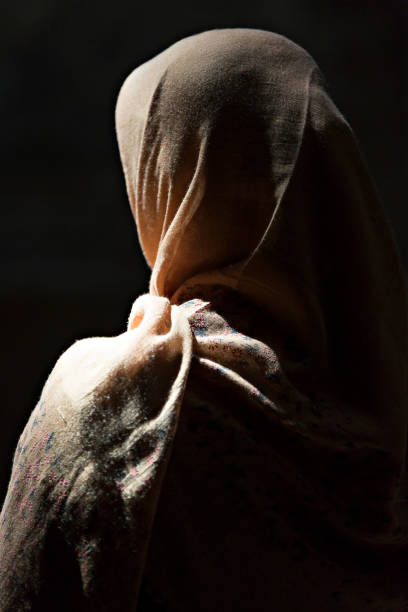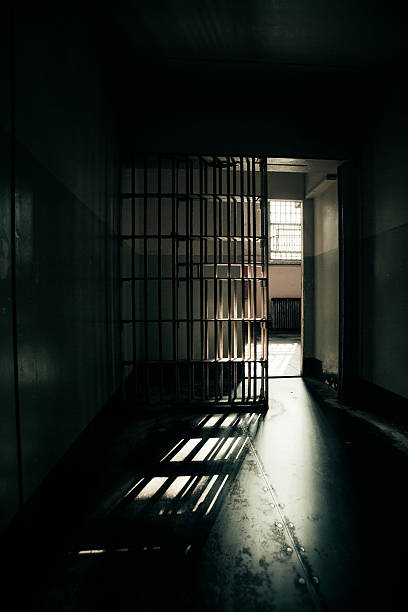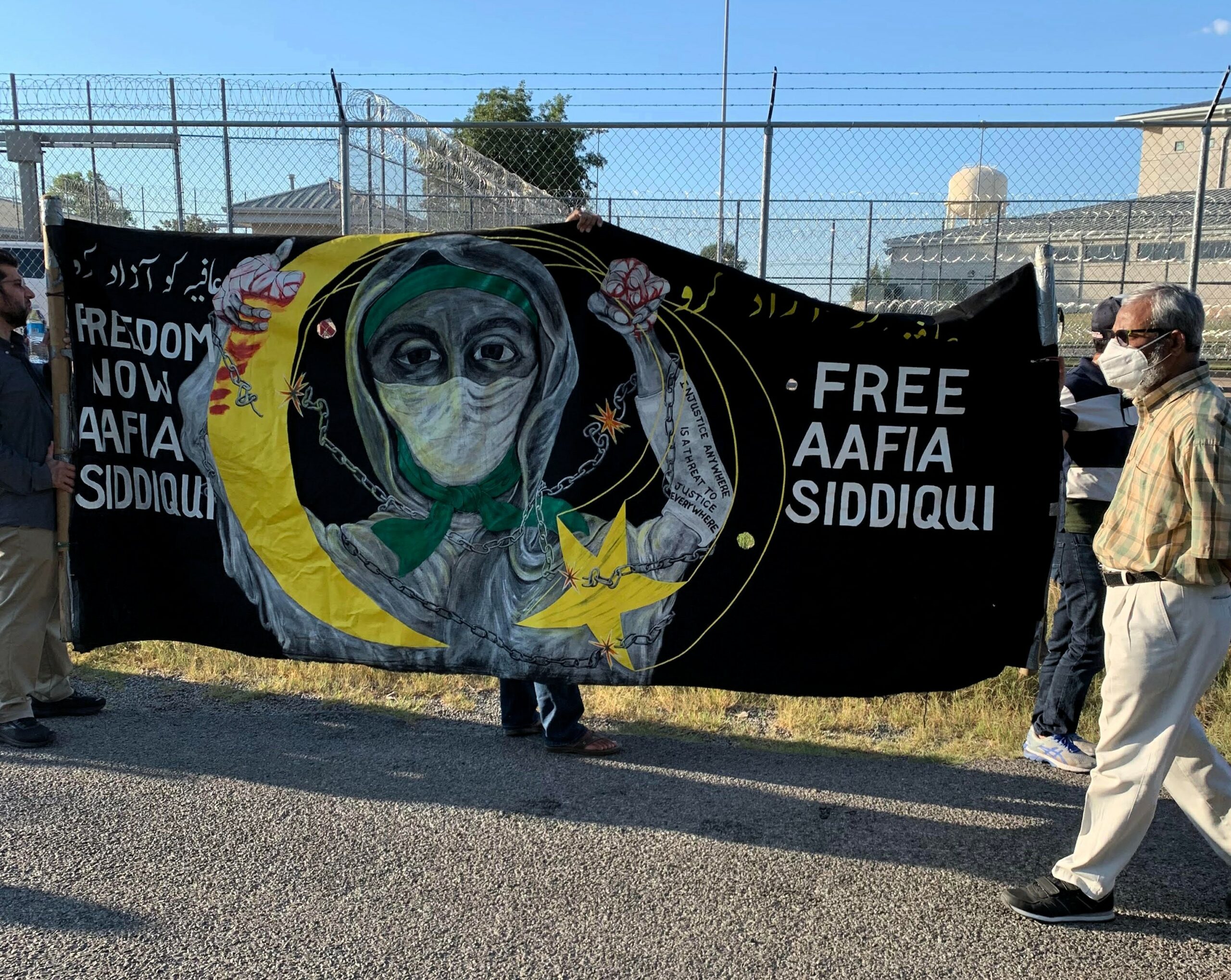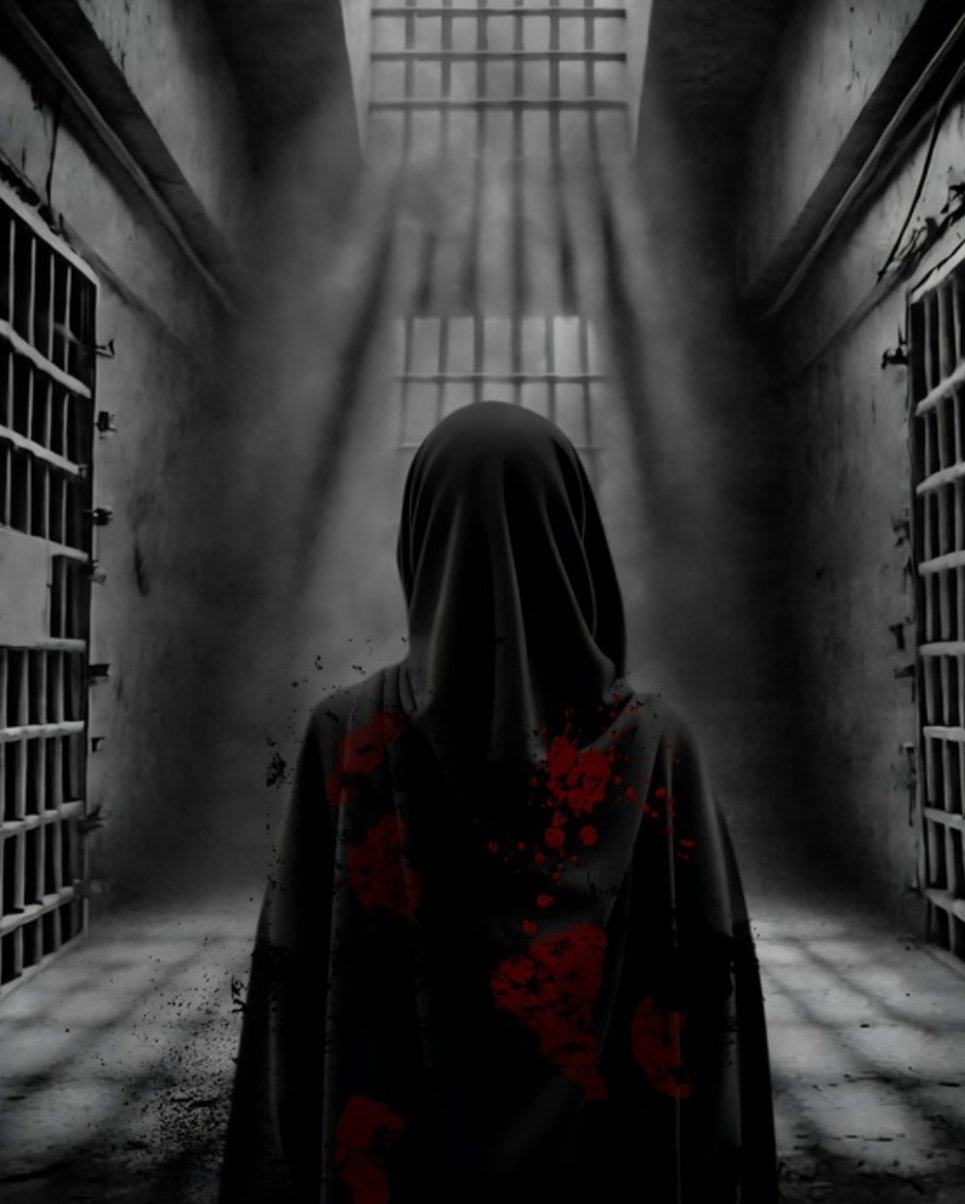– Ibn e Ashhad
وَلَا تَحۡسَبَنَّ اللّٰهَ غَافِلًا عَمَّا يَعۡمَلُ الظّٰلِمُوۡنَ ؕ اِنَّمَا يُؤَخِّرُهُمۡ لِيَوۡمٍ تَشۡخَصُ فِيۡهِ الۡاَبۡصَارُ (42)
Do not think Allah is heedless of the evil deeds in which the evildoers are engaged. He is merely granting them respite until a Day when their eyes shall continue to stare in horror, (14:42)
Dr. Aafia Siddiqui – An Introduction
Allah’s chosen sight fell upon Dr. Aafia Siddiqui. Dr. Aafia, a memorizer of the Quran, a caller to Islam, a preacher, a reformer, a struggler, compassionate towards the poor, passionate about education, a helper and supporter of the oppressed and the affected, constantly concerned for prisoners and captives. Despite being a mother of two children, she continued her education while performing welfare services. She is enviable.
Dr. Aafia Siddiqui, born on 2nd March 1972 in Karachi, had a remarkable academic journey. Her father, Dr. Muhammad Sualeh, was a neurosurgeon in Zambia, where she received her early education before the family returned to Karachi. A prodigy from childhood, Dr. Aafia excelled in academics and competitions, consistently securing the top position and was barely second in any competitions. She was recognized as the “Pride of Pakistan” after ranking first in her intermediate class.
In 1990, Dr. Aafia went to the U.S. on a student visa for her undergraduate studies at the University of Houston. She later earned a scholarship to MIT, which is world’s top university, and completed her PHD in 2001. During her time in America, she memorized the Quran with extraordinary precision, impressing others with her detailed recall of specific verses and events, such as those related to Badr and Uhud.
Da’wah Works
During her studies, Dr. Aafia Siddiqui was an active member of the Muslim Student Association, dedicated to spreading the message of Islam. She set up da’wah tables at her university with signs like “Free Encyclopaedia to Your Life,” distributing Qurans and their translations to students and faculty. At MIT, she extended her efforts to prisons, offering da’wah and distributing Islamic literature. She also conducted Islamic studies classes for Muslim children and new converts every Sunday, aiming to strengthen their understanding of Islam.
Dr Aafia’s approach to da’wah was humble and focused. She created stickers with Quranic verses and du’as and inspired many through her dedication. In one of her writings, she expressed her vision for a large-scale da’wah movement in America, which would result in America turning into a Muslim land, emphasizing sincerity and effort in spreading Islam. Her 1991 speech at the University of Houston on “The Position of Women in Islam” showcased her profound Islamic knowledge and remains relevant to this day.
In 1999, Aafia used her apartment to establish the Islamic Research and Teaching Institute and co-founded the Dawah Research Centre, providing religious services to inmates. She was also engaged in humanitarian relief efforts, reflecting her commitment to both spiritual and social upliftment.

Dr. Aafia Siddiqui is a Neuroscientist, an Educator and a memorizer of the Qur’an
Married life
In 1995, Dr. Aafia Siddiqui married Dr. Amjad Muhammad Khan, an anaesthesiologist, They had three children together, but their marriage faced turmoil. An incident left Dr Aafia with stitches on her face, after interrogation by Aafia’s sister, her eldest son Ahmed later revealed was caused by his father. Fauzia, both Dr Aafia and Amjad admitted it was true. Another incident, documented in Dr. Shahid Badr’s book “وامعتصما ه”, described Amjad throwing hot milk. After all this she came back to Pakistan. Despite these conflicts, the family reconciled and moved back to Boston.
After 9/11, Dr Aafia and Amjad were interrogated by authorities, though Aafia clarified they were not abducted. Amjad’s purchase of night vision equipment, body armour, and military manuals, including instructions for making C4 explosives, raised FBI suspicions. During questioning, he claimed these items were for hunting. Feeling pressured, the family returned to Pakistan, but the marriage ended when Amjad labelling Dr. Aafia an “extremist,” alleging “she was angry with him for not joining jihad in Afghanistan”. They divorced, and Amjad moved to Saudi Arabia with a clean slate. In 2003, Karachi police admitted handing Dr. Aafia over to an agency based on Amjad’s complaint.
Ahmed met his father Amjad after seven years, only to freeze and scream, A human rights organization member quoted Ahmed saying, “This is the same man who used to torture me in Afghanistan.” Despite these allegations and Amjad’s prior accusations against Dr Aafia, he granted her full custody of their children which is very questionable. The lack of any formal investigation into Ahmed’s claims against Amjad remains a critical unanswered question.
Abduction
On March 30, 2003, Dr. Aafia Siddiqui was sold to the CIA for $55,000 and taken into U.S. custody under suspicion of terrorism. She was captured enroute to meet Pakistan’s education minister, debunking media claims of extraordinary biochemistry findings. Her six-month-old son, Suleman, was reportedly dropped on his head and killed, while her other two children, both U.S. citizens, were separated from her. Maryam, just three, was forcibly adopted and renamed Fatima in Afghanistan, and Ahmed, six, was imprisoned. Both endured captivity for years, suffering immense trauma.
On May 28, 2004, Pakistan’s interior minister admitted handing her over to the U.S. despite no proven ties to Al-Qaeda. Detained at Bagram Air Base, the only woman among male prisoners, she was subjected to severe physical, sexual, and mental torture. She was cruelly forced to view photos of her infant lying in a pool of blood. Prisoners called her the “Gray Lady” for her haunting screams which they heard for years in the prison, which was a result of unconditional beatings, torture, rape, mental illness.

It’s been more than 17 years and Dr. Aafia still awaits justice on wrongful incarceration
FBI Setup
After a wave of protests led by JIH (Pakistan) and activist Yvonne Ridley, the unjust imprisonment of Dr. Aafia Siddiqui by American authorities was exposed. Under growing scrutiny, U.S. officials allegedly panicked and orchestrated a cruel plot. They transported her to Ghazni, Afghanistan, handed her a bag filled with suspicious items—including manuals on weapon-making, sodium cyanide, and handwritten notes with photographs of iconic U.S. landmarks like the Statue of Liberty—and falsely claimed she would find her missing daughter at the governor’s residence.
As Dr. Aafia, driven by a faint hope, heard the adhan and turned towards a mosque, the Americans tipped off Afghan authorities, a suicide bomber heading for the governor’s house. Afghan forces intercepted her and found no evidence of a threat only an injured, helpless woman and her young son. She was taken into custody, the FBI arrived to interrogate her.
During this interrogation, Dr. Aafia, restrained with her hands and feet tied, The FBI claimed she managed to seize an M4 rifle and fire two close-range shots at them, prompting retaliation that left her with two gunshot wounds. However, this story was riddled with inconsistencies: no fingerprints on the rifle, no bullet shells, no bullet holes, and no injuries to any officers from close-range fire.
A photograph before interrogation captured her injuries, frailty, and helplessness, contradicting the FBI’s narrative. The evidence points to a harrowing truth: Dr. Aafia was likely shot in cold blood, with the intent to kill, yet miraculously survived this ordeal. Her story remains a haunting testament to unimaginable injustice.
In FMC Carswell (America)
The verdict in the unfair trial in the federal court—without receiving the lawyer of her choice—resulted in her being removed from the court multiple times for speaking about her sufferings. She has been held in solitary confinement for 14 years serving 86 years in prison for a crime of alleged attempted murder she never committed. making her longest-serving prisoners in such conditions. The prison is very well known for its mistreatment of female inmates, and Dr. Aafia’s lawyer has reported she has been raped twice by guards and subjected to severe sexual misconduct. Her treatment is described as far worse than Guantanamo Bay’s infamous torture methods.
According to the Pakistani Human Rights Commission, Dr. Aafia’s physical condition is extremely deteriorated, and she urgently requires medical assistance outside of Carswell Prison. She is not receiving adequate treatment there. Blood was oozing from her wounds, and her clothes were soaked in her own blood. She underwent surgery during which one of her kidneys was removed, yet her abdominal pain persists. A long surgery resulted in large stitches across the middle part of her body (between her arms and legs), which were done in a crude and careless manner.
Her teeth have been extracted, her nose was broken and improperly set, hearing loss in her right ear from beatings, and untreated PTSD resulting from years of abuse. The gunshot wound on her body was poorly bandaged. Overall, her condition is critical, and her life is in danger. She continues to face severe and inhumane treatment.
Despite her critical condition, Aafia is denied religious and medical support, even after Imam Omar Suleiman’s offer. However, authorities continue to ignore these efforts.
The magnitude of Dr. Aafia’s suffering over two decades cannot be summarized in an article; it requires volumes to convey the start of her ordeal.

We have a great responsibility of doing our bit in getting freedom for Dr. Aafia Siddiqui
Our Duty
Dr. Fauziya shared a dream in which Dr. Aafia tearfully asked the Prophet (SAW) when her suffering would end. The Prophet (SAW) smiled and replied, “Daughter, this is not your test; this is the test of the Ummah.” This emphasizes our responsibility to act. Here’s how we can help:
* Support Omar Suleiman: Back his efforts to advocate for an imam inside the prison.
* Support Clive Stafford Smith (Lawyer): Engage with human rights lawyer and with related social media movements.
* Sign Petitions and Volunteer: Use platforms like change.org to sign petitions, donate, and volunteer through video editing, meeting journalists, politicians, etc., to amplify her story.
In my opinion, reopening Dr. Aafia’s case through legal channels may be challenging, as it would expose the horrific human rights violations by the U.S. authorities and the role of certain Pakistani officials, including elements of the ISI. However, change can be achieved through consistent political pressure from governments, advocacy by influential leaders, and public outcry. A potential resolution could also come through a prisoner swap deal, which would require strong political will and international negotiations. It is crucial that we, as part of the Ummah, persistently advocate for her freedom and demand accountability for the injustices she has endured.

